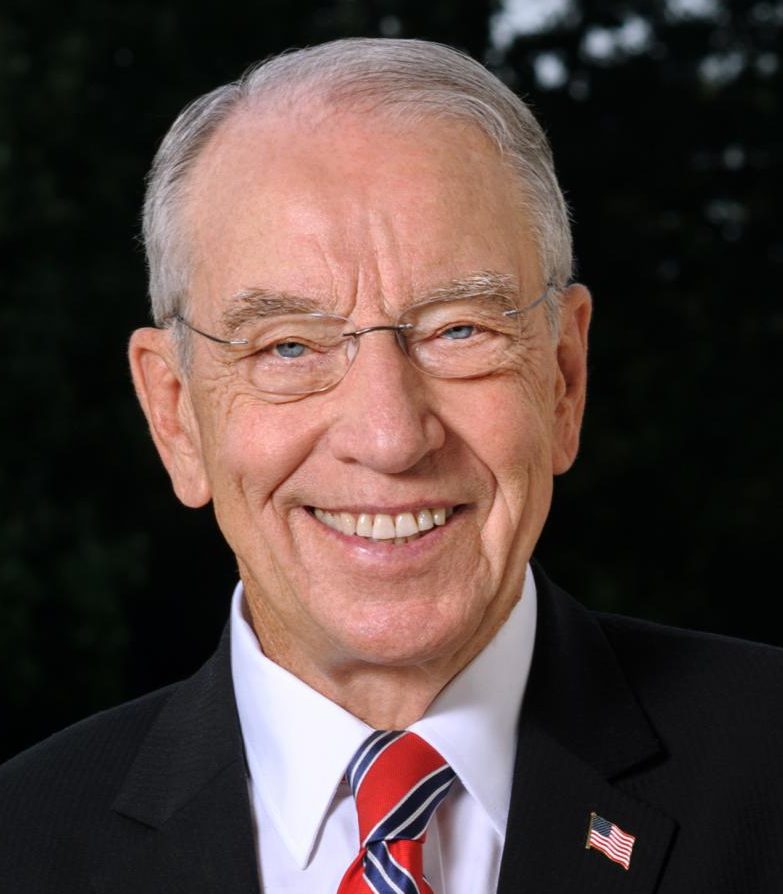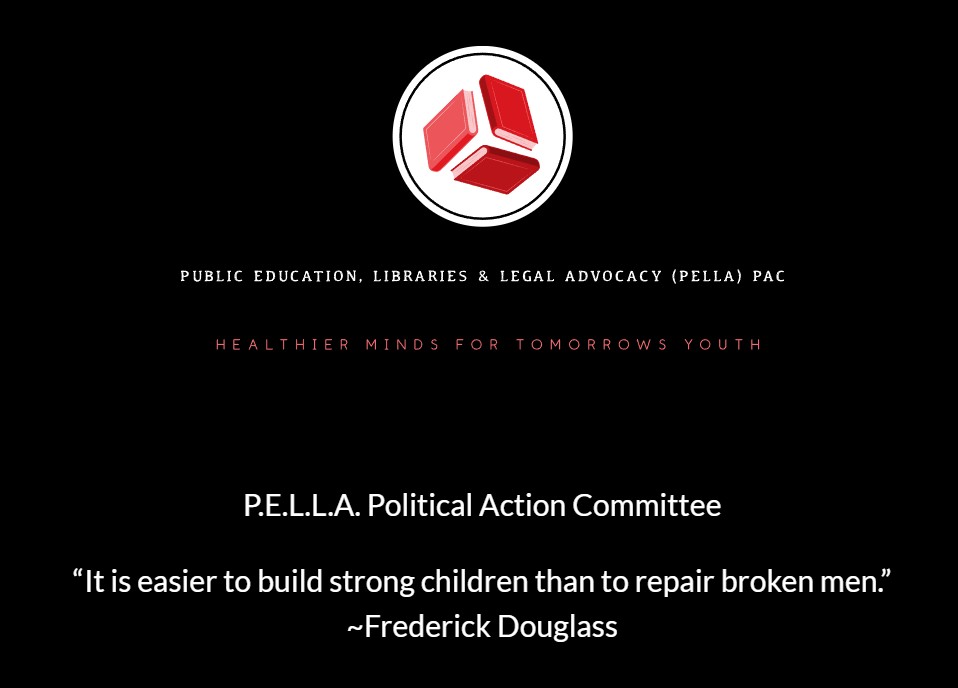Washington has a chronic budgeting problem.
Before 1974, the congressional budget process was akin to the Wild West. Each committee had free rein of the public purse. No topline number steered appropriators within a fiscal fence. Nothing kept authorizers from tying new mandatory programs to the taxpayers’ saddle.
The Congressional Budget Act of 1974 sought to corral these unruly practices by forming congressional budget committees, establishing the Congressional Budget Office to estimate the impact on the budget with any proposed legislation, and moving the fiscal year start date to October 1. This law directs the president to propose a budget on or before the first Monday in February. It also requires Congress to agree to a concurrent resolution on the budget by April 15. The appropriations and authorizing committees must then limit spending according to this budget blueprint. Otherwise, budget-busting bills can be challenged on the floor through points of order.
While these 1974 measures accomplished some good, by no means were they a perfect solution. That’s evidenced today by Congress’ failure to draft, amend and pass 12 separate appropriations bills. In the absence of regular order, Congress has increasingly fallen into a cycle of crisis-to-crisis legislating – where House and Senate leadership force members to vote on a mega spending package at the eleventh hour to avoid a shutdown. Shutting down the government is stupid; it costs money to stop and start back up again. Government is a service. It can’t serve the people if it’s not open. This chaotic, inefficient way of carrying out Congress’ fundamental responsibility comes at high cost, too. It allows big spenders to saddle even more debt onto the taxpayer, which also threatens to run the world’s largest economy into the ground. It’s no wonder Washington’s ledgers are on fire.
One of the burning questions I hear from Iowans at nearly every one of my annual 99 county meetings is frustration with the debt and deficit spending. Families across America face tough decisions every day to make ends meet. Family farms finance input costs, machinery repairs and debt expenses. Small businesses thread the needle to meet payroll and pay overhead costs. Meanwhile, Washington acts as though money grows on trees.
When Iowans elected me to Congress, I took up the mantle of fiscal conservatism forged by my predecessor, H.R. Gross. For 13 terms, he led a crusade against government waste. I continue working as a taxpayer watchdog in the U.S. Senate. My oversight efforts pulled back the curtain on greedy government contractors with their hands in the Pentagon’s cookie jar. Weak Defense Department controls allowed them to fleece the taxpayer with $7,000 coffee pots. In 1986, I successfully passed an amendment to the budget resolution to freeze defense spending. At the time, it rattled defense hawks. By sticking to my guns, I proved sticking to the budget process strengthens accountability and transparency.
I’ve served on the Senate Budget Committee since 1981, and today, I’m its top Republican member. Through the years, we’ve adopted legislation designed to improve the way Congress sets an annual budget. And yet, Washington has devised gimmicks to avoid items like sequestration and waive “pay-go” rules. You can lead a horse to water but making it drink is another story. The taxpaying public is thirsty for fiscal discipline and the health of our economy and national security depends on it.
In 2019, the Senate Budget Committee passed bipartisan budget process reforms for the first time in nearly 20 years. It would have moved the budget cycle to two years, accelerated deficit reduction legislation and sharpened accountability tools. While the reforms didn’t make it out of Congress and into law, this was a positive step in the right direction. It proved that budget reform is possible, but it takes both sides working together to get it done.
In my current capacity as Ranking Member, I’m calling on the Democrat chairman to focus the Budget Committee’s work on the budget and spending reform, instead of the climate.
Between 1976 and 2000, Congress adopted a budget every year except one. We delivered a balanced budget from 1998 to 2001. Back then, lawmakers stuck to the budget and didn’t waive budget points of order willy-nilly. History will judge our current “rendezvous with destiny” in the 21st century to get Uncle Sam’s fiscal house in order. I won’t stop working to rein in Washington’s Wild West budgeting mess and preserve America’s freedoms and prosperity for generations yet to come.
















Senator, why can’t we try shutting down government what you are doing NOW is fueling the fire!!!!! All of our Iowa REPS are feeding into the same mindset and it’s NOT WORKING!!!!! The Republican party has had the upper hand with bargaining and you guys have failed us in your voting- NOT just me saying it but many people I know!!! The Iowa REPUBLICANS were sent to WASHINGTON to FIX issues not to CREATE DEFICITS FOR OUR CHILDREN AND GRANDCHILDREN!!!! SHUT IT DOWN you guys are not a functioning entity anymore.